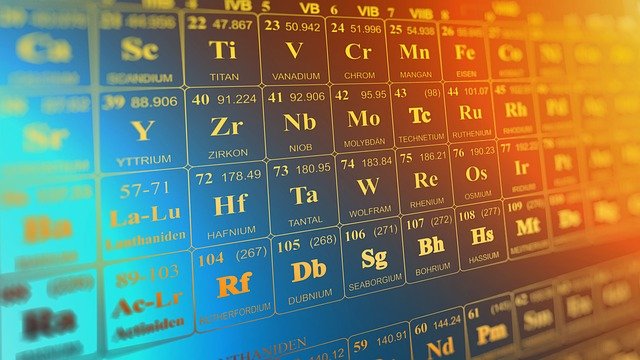How To Get Into A Good Career In Chemistry

Many people wonder why you should pursue a career in chemistry. The answer to this quandary is simply that it offers many different opportunities! You will not necessarily be working within a lab, although this could prove to be very exciting! Some of the jobs that you can have access to will include travelling opportunities; you may get involved with process chemistry, scale-up chemistry jobs, and plant-based operations; eventually, this could lead to a completely new and inspirational job that can lead to a long-term career.
Part of your job may involve working with fragrances, polymers, and many other materials – you can do all of this and more by following these tips:
GCSEs or similar qualifications
The GCSE grading system is often used to them determine how an employer will grade a particular candidate, often requiring math or science education at a minimum. It’s important to have knowledge of mathematics if you want to have a successful career in chemistry, yet you will likely need both if you are calculating proportionate yields, or taking measurements when working with chemicals, which will all lead back to having a solid base of understanding in the field of chemistry.
Further study options
Full-time education is likely what you need, and in the UK, you must be in school until the age of 18, often including the sixth form or some type of college, or perhaps even a traineeship or a well-devised apprenticeship.
Although having a traditional education is a good idea, you must participate in chemistry at the highest levels to present yourself as the obvious choice for any job. The subjects that you need to study will include physics and math. If you decide to go with a new apprenticeship, there are many opportunities out there, even with chemical manufacturing companies that will provide you with a way of transferring your skills into a real-world career.
Your knowledge and skills in chemistry can help you, especially if you are specializing in certain forms of chemistry that you obtain at University, or perhaps leading all the way to a PhD or master’s degree. Qualifications for many jobs in the field of chemistry are not necessarily essential; having a chemistry degree, however, does help in certain niche-related areas.
Work experience
It is important to have a working understanding of chemistry, as well as knowledge of the topic, but it is your work experience that will eventually lead to the career of your choice in a field of chemistry that you will excel in. There are so many opportunities out there for immersing yourself in this industry, which may include working with people on a daily basis, or perhaps volunteering, which may eventually lead to working within a university as a temporary worker. Getting a good chemistry education is so vitally important, but the experience that you obtain over the years is also needed. This voluntary experience that you have will indicate to potential employers that you are serious about a career in chemistry. As a side point, it may be in your best interest to have a look at IVD assay development.
Flexibility is so important as you are pursuing a career in chemistry. There are virtually limitless opportunities out there that you can find. Perhaps you would like to become a product development chemist, working with adhesives that are water-based, or perhaps the packaging industry is more applicable to what you would like to do – in all of these fields of chemistry, it is vitally important to have experience. Additionally, you need to appreciate the fact that experience is what will allow you to pursue any job of your choice, but you must also be aware that learning multiple facets of chemistry can assist you in learning even more about this topic and potential career choice.
No related posts.